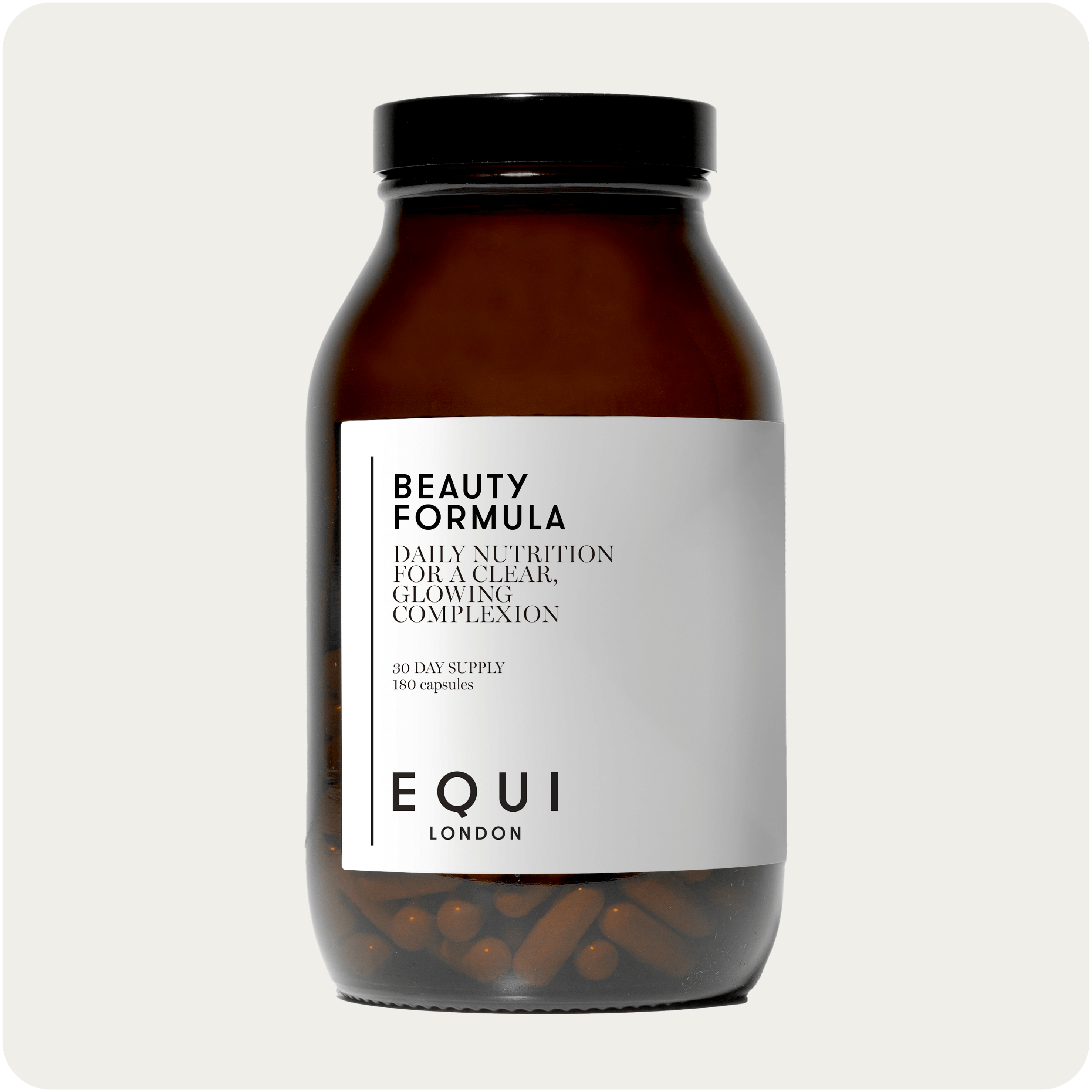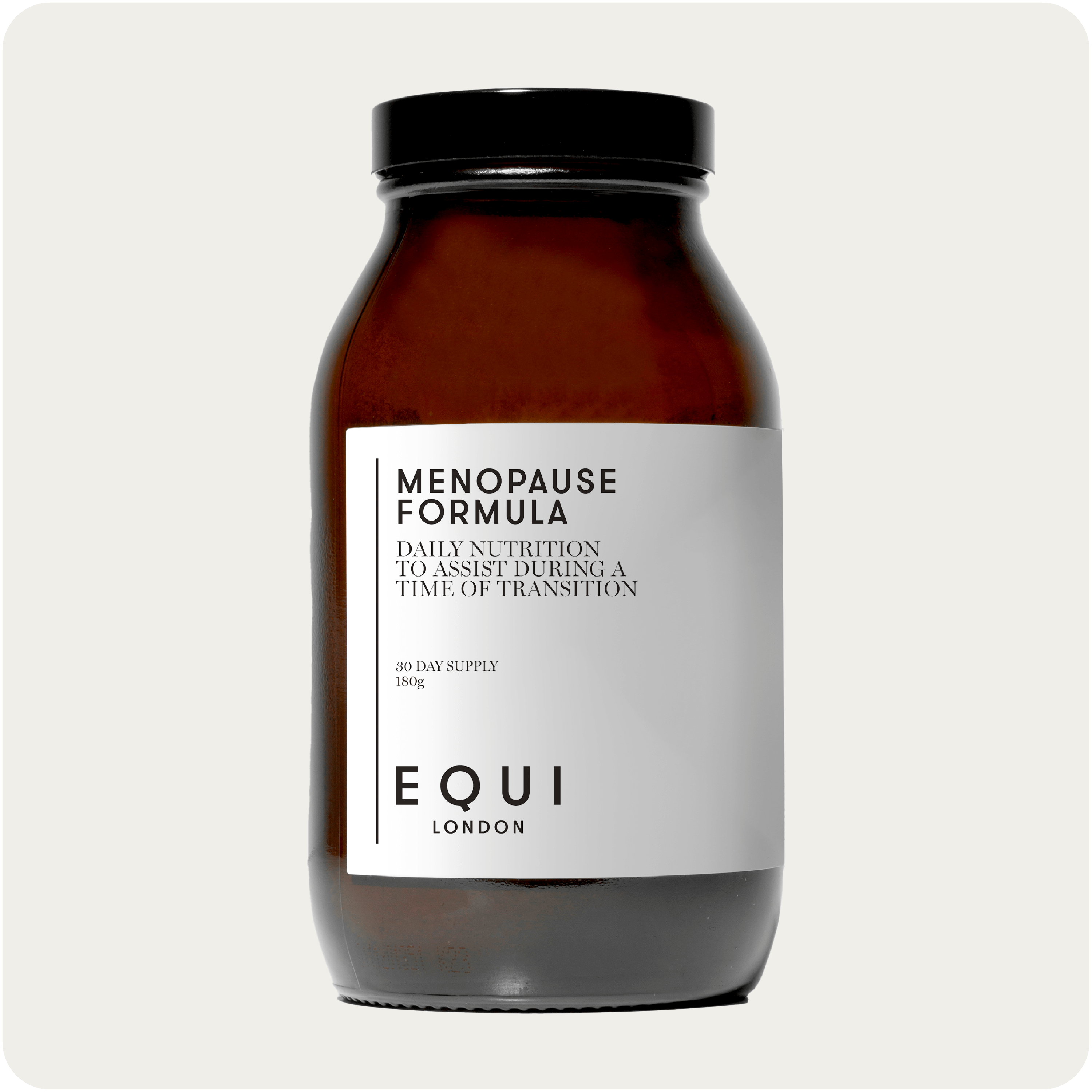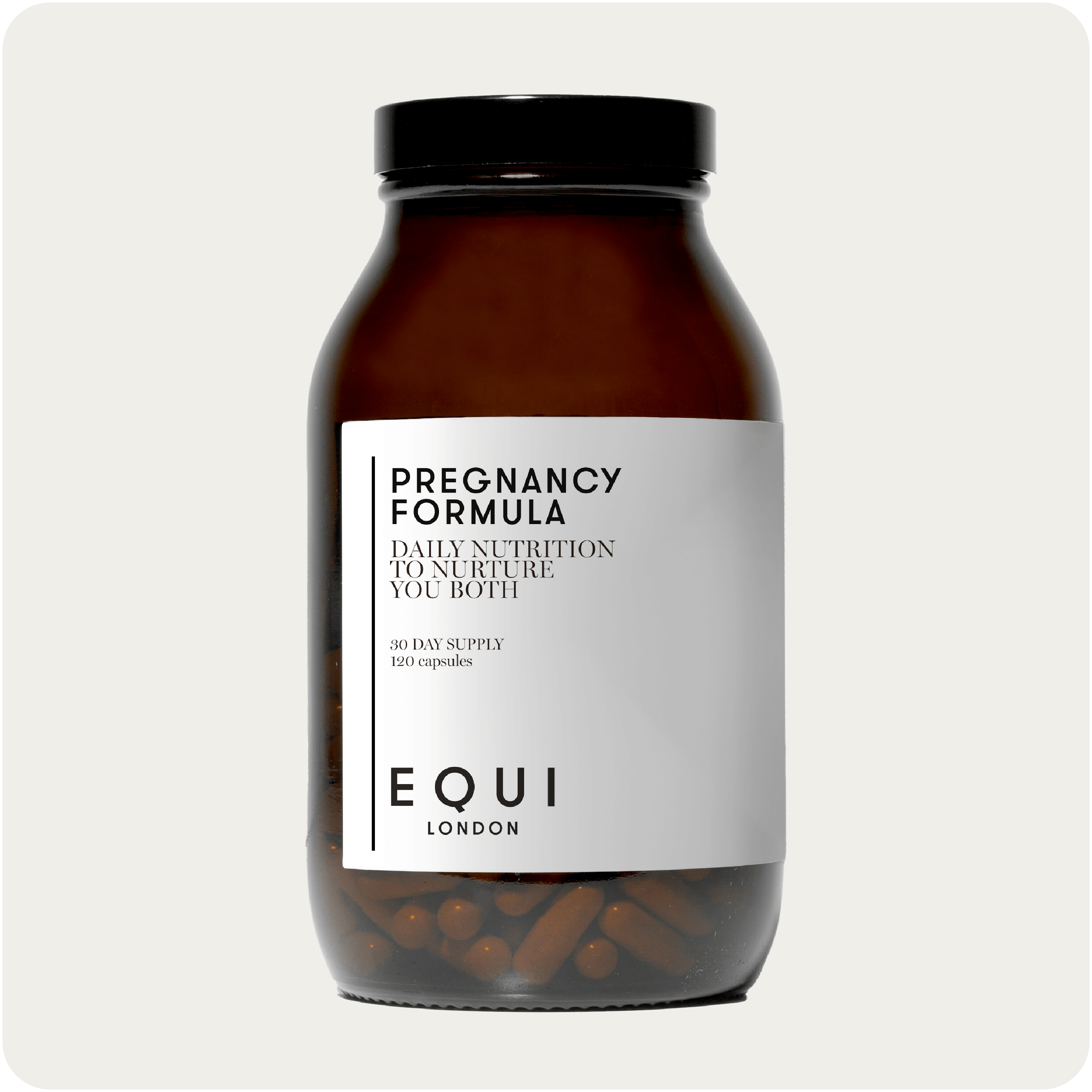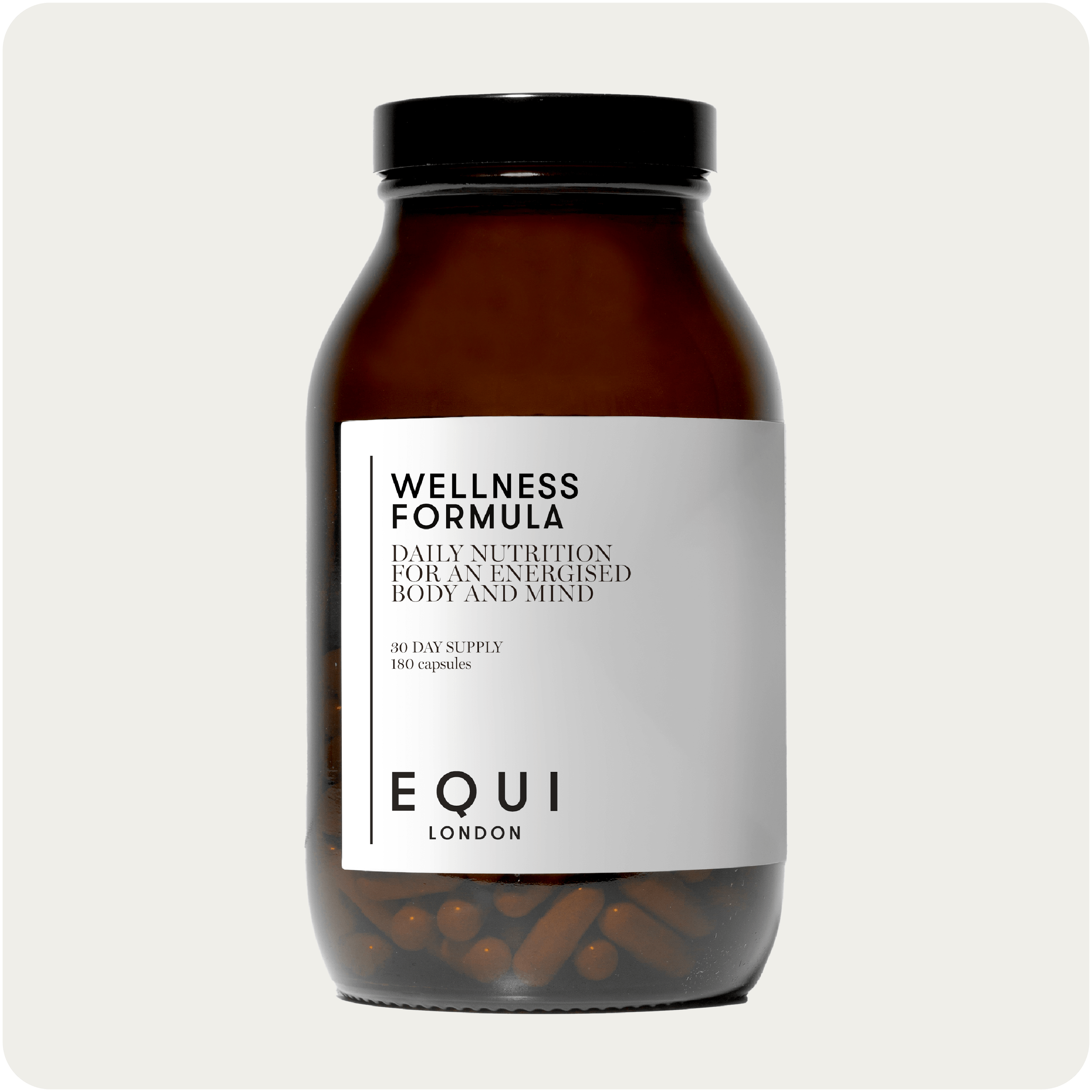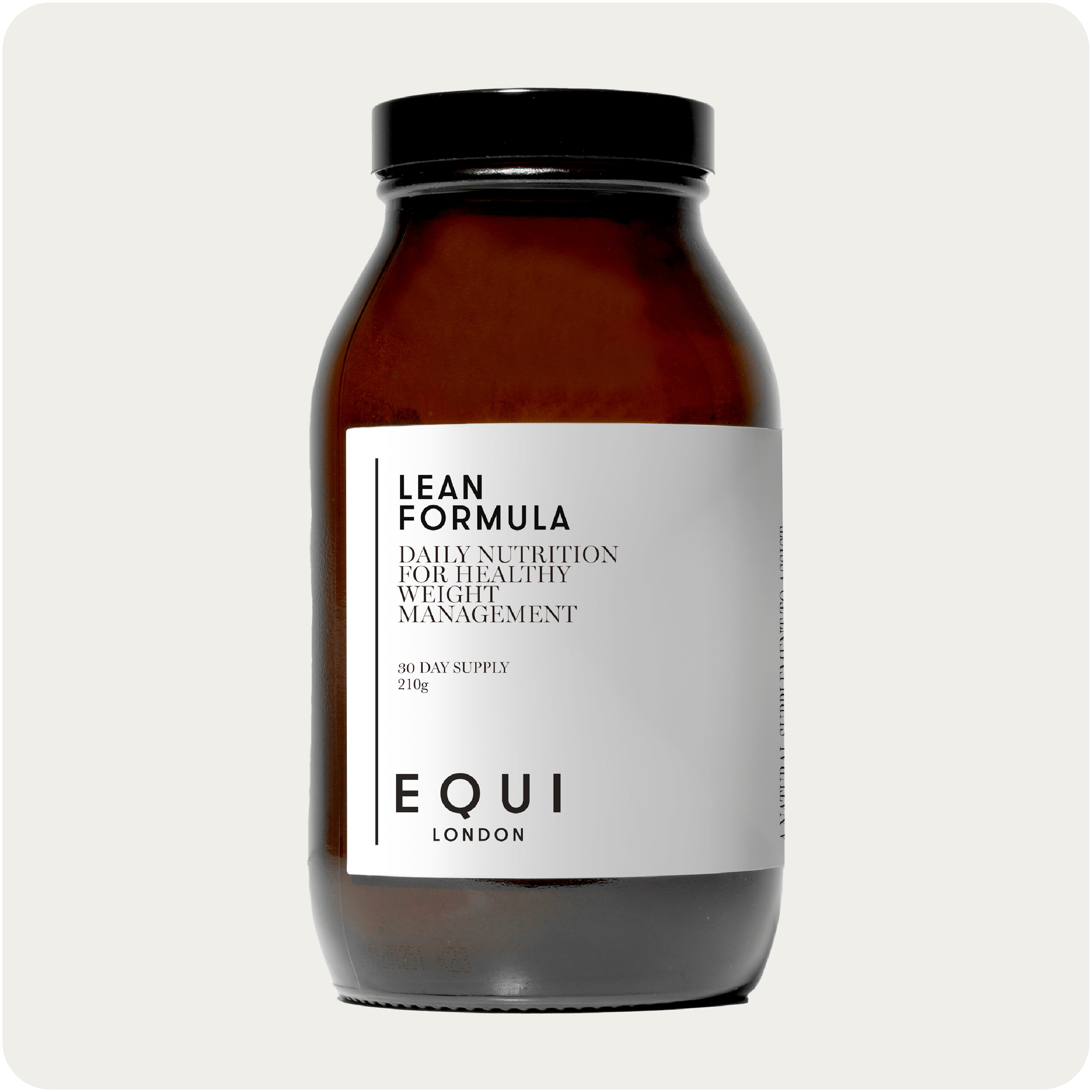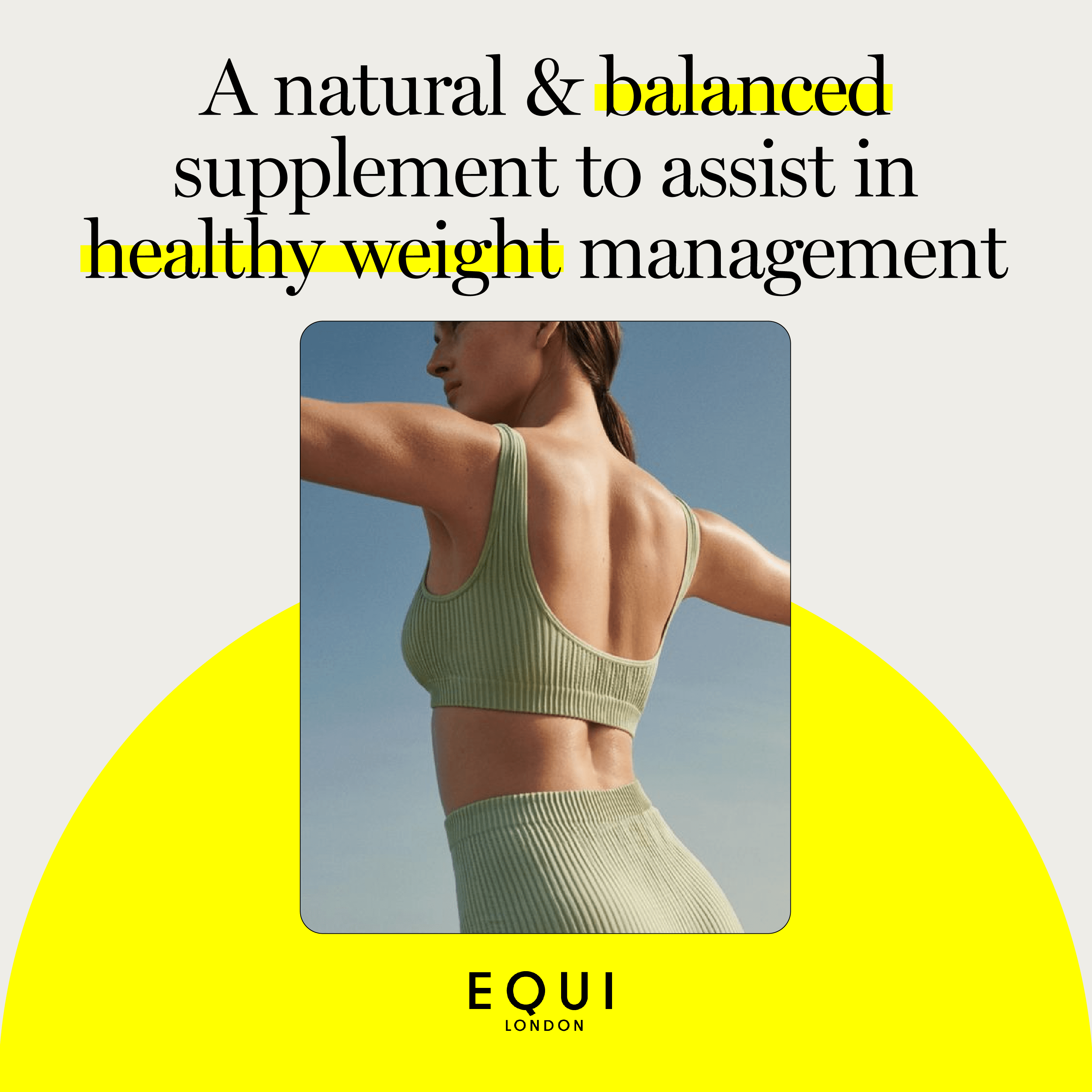
Turmeric is rapidly emerging as a leading superfood but it’s been used for its healing properties in Ayurvedic and Chinese medicine for thousands of years. The benefits of turmeric are far-reaching with recent headlines claiming it can fight off flu, aid digestive complaints and even discourage cancer development. Bold claims indeed - but is it really as good as all that?
You’ve probably got this golden spice in your cupboard but you might not have come across it fresh before. Fresh turmeric root (rhizome) looks like a ginger root with brown peel and bright orange flesh. Whichever way you decide to use it, you’ll soon reap rewards. The main active ingredient is the yellow pigment, curcumin. This is really the spice’s superstar component, responsible for many of turmeric’s benefits.
Here, we take a look at the key properties and outline why we added curcumin extract to our award winning supplement, Beauty Formula.
Health Benefit - Skin
With its antioxidant properties, turmeric may help to protect skin cells and may even fire up our body’s natural antioxidant responses[1]. As our first line of defense, skin can take a hit and needs a bit of extra goodness. Though the science on this isn’t completely clear, antioxidants in turmeric seem to help protect our skin cells from excessive levels of damaging compounds found in the air, our food, pesticides and plastic packaging and so may help slow the signs of ageing; a plus for those of us with busy jobs in busy cities.
Modern life means that allergies are on the up, flaring up eczema and other inflammatory skin conditions such as psoriasis. Conventional treatments are well known but the anti-inflammatory properties of turmeric are proving successful in redness reduction. Popular home remedies worth trying that use turmeric for eczema and itching include turmeric milk (we know of a great recipe listed below) and also mixing 1/2 teaspoon with water to make a paste to apply to the area or as a rejuvenating face mask - a pre-weekend treatment!
Health Benefit - Digestion
If you don’t suffer from poor digestion yourself, you almost definitely know someone who does. The gut is highly complex and incredibly sensitive to our lifestyle – a poor diet, alcohol consumption, stress levels and medications (such as antibiotics) can take their toll on our digestive health, tipping the body out of balance and leaving us feeling bloated and pretty miserable.
Turmeric’s anti-inflammatory properties are good for our gut, and some scientists have found it helpful in discouraging abnormal cell activity that may lead to the development of polyps, fibroids and even bowel cancer. It may also help encourage the right balance of bacteria, which is essential for pretty much everything in the body.
Health Benefit - Immunity
Our immune system is pretty amazing, selecting the best response to potentially hazardous bugs and viruses that come in its way. Good news for curry lovers - turmeric helps your body modulate the immune response, enhancing antibody activity, activating immune cells and dampening over-active, pro-inflammatory messengers called cytokines[2].
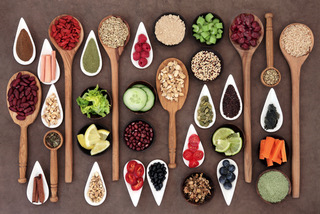
Health Benefit - Anti-inflammatory
People often think of inflammation as a bad thing - in fact, in the right amount, it’s there to help us!
It allows the body to bring resources to an infected or damaged area to help the healing process. The problem is when inflammation seems to happen excessively, which is thought to play a part in many chronic diseases, from arthritis to Alzheimer’s[3].
Amazingly, it would appear that turmeric may be as effective as your average over-the-counter drug in the treatment of inflammation, but without any of the sometimes nasty side-effects[4].
Turmeric is already showing promising signs in patients with rheumatoid arthritis but more research needs to be done into its role in degenerative disease. We also need to ensure we absorb the beneficial compounds properly in the gut and that’s why Equi products contain black pepper to aid this process.
Health Benefit - Mood and Depression
Anxiety and depression are the most common mental health disorders in the UK, showing no signs of slowing down[5]. A good diet and exercise are often prescribed as natural ways to lift your mood but a daily dose of curcumin extract has also been shown to significantly improve symptoms of depression without major side effects[6],[7]. The anti-inflammatory nature of turmeric may be one of the reasons why it seems to help support the brain and nervous system.
It is vital that you never come off any medication without consulting your GP first, and you should also always consult them before making changes to diet and supplements. However it would be a good idea to use more turmeric (fresh or powder) in cooking if you want to feel more cheery. We especially LOVE a spiced turmeric latte – there is a great recipe from Madeleine Shaw on Hip and Healthy website here
How To Get More Turmeric In Your Diet
With so many good reasons to dig out the turmeric from the spice rack, what to do with it? For ground turmeric, make sure you’re using fresh stuff well within the sell-by date for best quality. You can also buy it fresh in some shops - especially Asian supermarkets or more exotic food stores.
Somewhere between 1-3g of turmeric a day (1/2 teaspoon is roughly 1g), fresh or ground, is commonly recommended and easily achievable!
Some of our favourite ways of using it are:
Supplement:
When supplementing turmeric, ensure black pepper is also present so it gets properly absorbed. Why? The active compound piperine in black pepper stops the liver trying to get rid of curcumin - so you get all the benefits[8].
If you want to try some turmeric to help support skin, digestion, immunity and inflammation then Original Formula would be an ideal solution!
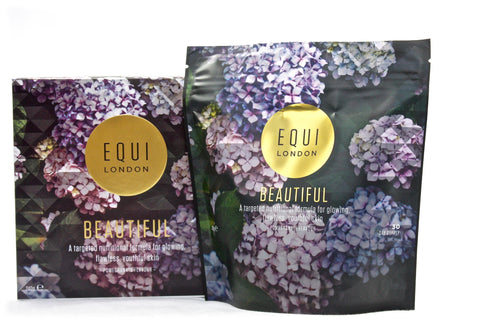
Meals:
Both fresh and ground turmeric make great additions to meals, especially curries and Moroccan dishes like tagines. As well as the health benefits, who could resist the enticing golden colour that makes turmeric a store cupboard essential.
Juices
Such a quick and easy way to give your juice an extra superfood boost. We love carrots, ginger, lemon, turmeric and beetroot for a lovely winter boost.
Turmeric latte or tea
Now that the cold has settled in, why not give this a go?
For a latte, simply add hot milk, cinnamon, turmeric, saffron and chai tea with a dash of honey or maple syrup. Or for tea you just need fresh turmeric root, a little lemon, ginger, cayenne and honey. Delicious!
Turmeric really is proving to be a wonder spice and with more ongoing research, it seems to be worthy of the hype. Time to get a golden glow and add a bit more of this spice to our lives!
Disclaimer: Certain supplements are used for different reasons and a one-size-fits-all approach shouldn’t be adopted. In addition, pregnant women and anyone on medication should always consult a doctor before embarking on a supplements programme.
REFERENCES:
[1] https://authoritynutrition.com/top-10-evidence-based-health-benefits-of-turmeric/ [Accessed 26 Nov 2016]
[2] Jagetia, G.C. & Aggarwal, B.B., 2007. “Spicing up” of the immune system by curcumin. Journal of Clinical Immunology, 27(1), pp.19–35.
[3] Heppner, F.L., Ransohoff, R.M. & Becher, B., 2015. Immune attack: the role of inflammation in Alzheimer disease. Nat Rev Neurosci, 16(6), pp.358–372. Available at: http://dx.doi.org/10.1038/nrn3880.
[4] The Encyclopaedia of Healing Foods. Murray, M., Pizzorno J. & Pizzorno L. p525
[5] https://www.mentalhealth.org.uk/statistics [Accessed 26 Nov 2016]
[6] Lopresti, Adrian L. et al. Efficacy of curcumin, and a saffron/curcumin combination for the treatment of major depression: A randomised, double-blind, placebo-controlled study. Journal of Affective Disorders , Volume 207 , 188 - 196
[7] Lopresti, A.L. et al., 2014. Curcumin for the treatment of major depression: A randomised, double-blind, placebo controlled study. Journal of Affective Disorders, 167, pp.368–375.
[8] http://nutritionfacts.org/2015/02/05/why-pepper-boosts-turmeric-blood-levels/ [Accessed 27 Nov 2016]
